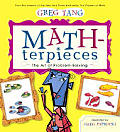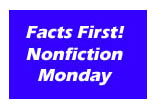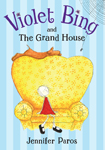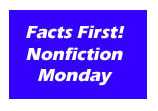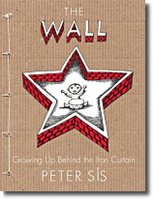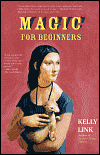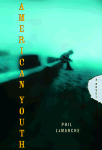
Interested in books that could help YAs make the jump to adult mainstream literature? You might want to take a look at at American Youth by Phil LaMarche.
Setting, both in time and place, is extremely important in American Youth. Teddy LeClare's family is part of a rural, hunting culture that feels itself being pushed out in the '80s by newcomers who are creating and moving into developments on property the locals once hunted and roamed on. Teddy's mother definitely feels that these people are different, not like her and her family. Complicating matters is an economic downturn that's left developments unfinished and meant that a lot of people have had to put their houses up for sale--for what good that does them.
At the beginning of the book, Teddy, who is about to start ninth grade at a regional high school, invites a couple of these new kids into his home. When these brothers find his place boring, he agrees to show them his gun, one of a number in the LeClare house, and even loads it when they ask him to. Teddy has been brought up by gun people. He knows never to point a gun, loaded or unloaded, at a human being. (I remember learning that, too.) But these new kids weren't brought up around guns. And when Teddy steps out of the room, one brother points the gun at the other and kills him.
This is a tragedy, of course. What elevates it to a nightmare is Mrs. LeClare's insistence that her son Teddy not tell anyone he loaded the gun. In the world in which she grew up, her only child did nothing wrong. But in the world that is being imposed on her by these newcomers, she fears the family will be held responsible for the accident and made to pay dearly.
The misery and guilt Teddy feels is compounded by the guilt over the lie and worry over whether or not he'll be caught, since his story conflicts with that of the surviving brother. He's ripe for the picking when a gang calling itself American Youth approaches him. Claiming to support "American" values and the rights of the individual over federal intrusion, the members are sympathetic to Teddy's plight.
At first.
One of the strengths of this book is that it isn't an anti-gun rant. It's not an apology for gun use, either. The gun owners are not romanticized, certainly, but treated with respect. This is a portrayal of a culture, a slice of life.
In terms of YA readers, American Youth is both familiar and unique. Most readers will be able to identify with the teenager struggling to get along, the clique (in this case a gang), and the problems with parents. What's unique is the setting, the culture within which the story takes place. I don't think there are a lot of YA books that go much beyond YA culture. This adult book does. It places what's going on in this poor boy's life within the bigger society. That may be what makes it an adult book instead of YA.
American Youth is well written, but not in a flashy way. There is no wise-ass YA voice, which can become very cliched when it isn't well done. There definitely is no humor. This is a dark tale about a dark period in a young person's life.
